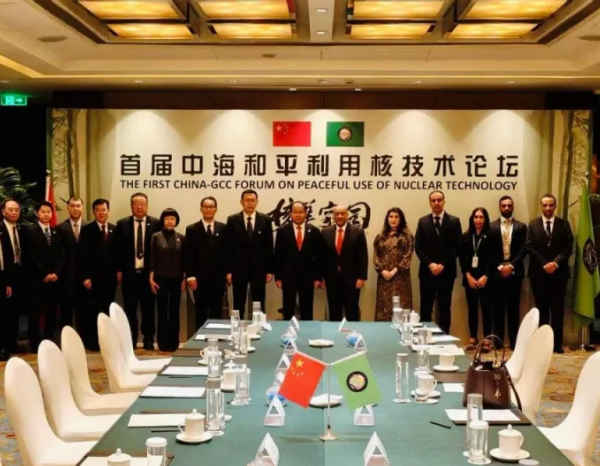Germany is bracing for a contentious general election on February 23, following the collapse of Chancellor Olaf Scholz’s three-party coalition government last month. The election has already attracted significant foreign influence, with intelligence agencies warning of a “pincer movement” from both Russia and the United States.
Concerns over Russian interference are longstanding, with Moscow accused of attempting to undermine Germany’s support for Ukraine through covert “hybrid” tactics, including disinformation and cyberattacks. However, the open involvement of the United States, particularly through tech magnate Elon Musk, has introduced a new dimension to the electoral landscape.
Musk, who is seen as an influential advisor to U.S. President-elect Donald Trump, has used his social media platform X to express support for the far-right Alternative for Germany (AfD). The party has surged in polls, reaching 20%—double its share in the 2021 election—fueled by a blend of economic dissatisfaction, migration concerns, and external endorsements.
A spokesperson for AfD leader Alice Weidel confirmed to Spiegel that her team is in “regular contact” with Musk’s representatives, though no direct communication between Weidel and Musk has occurred. Musk has also published pro-AfD opinion pieces, including one in the conservative daily Welt, which led to the resignation of the paper’s opinion editor.
Chancellor Scholz has publicly rebuked Musk, stating in his New Year’s address that it is voters, not social media owners, who determine election outcomes. Scholz’s remarks came after Musk referred to Germany’s President Frank-Walter Steinmeier as an “anti-democratic tyrant” and predicted an “epic victory” for the AfD.
Political leaders across the spectrum have condemned Musk’s involvement. Lars Klingbeil, co-leader of Scholz’s Social Democrats (SPD), accused Musk and Russian President Vladimir Putin of working to destabilize Germany. Even Friedrich Merz, leader of the conservative CDU/CSU, called Musk’s actions “interfering and presumptuous,” noting the unprecedented nature of such meddling by an allied nation.
Germany’s domestic intelligence service has also reported increased Russian efforts to erode confidence in democracy, weaken NATO and the EU, and amplify support for the AfD, which advocates leaving the EU.
Experts remain divided on the impact of these foreign influences. While Hajo Funke, a political scientist, argues that Musk’s sway may be limited due to AfD voters’ pro-Russian leanings, communication expert Johannes Hillje believes Musk’s entrepreneurial image could attract traditional conservative voters skeptical of the AfD’s economic policies.
As the election approaches, Germany faces a challenging start to the year, grappling with internal political instability and external attempts to shape its democratic processes.


